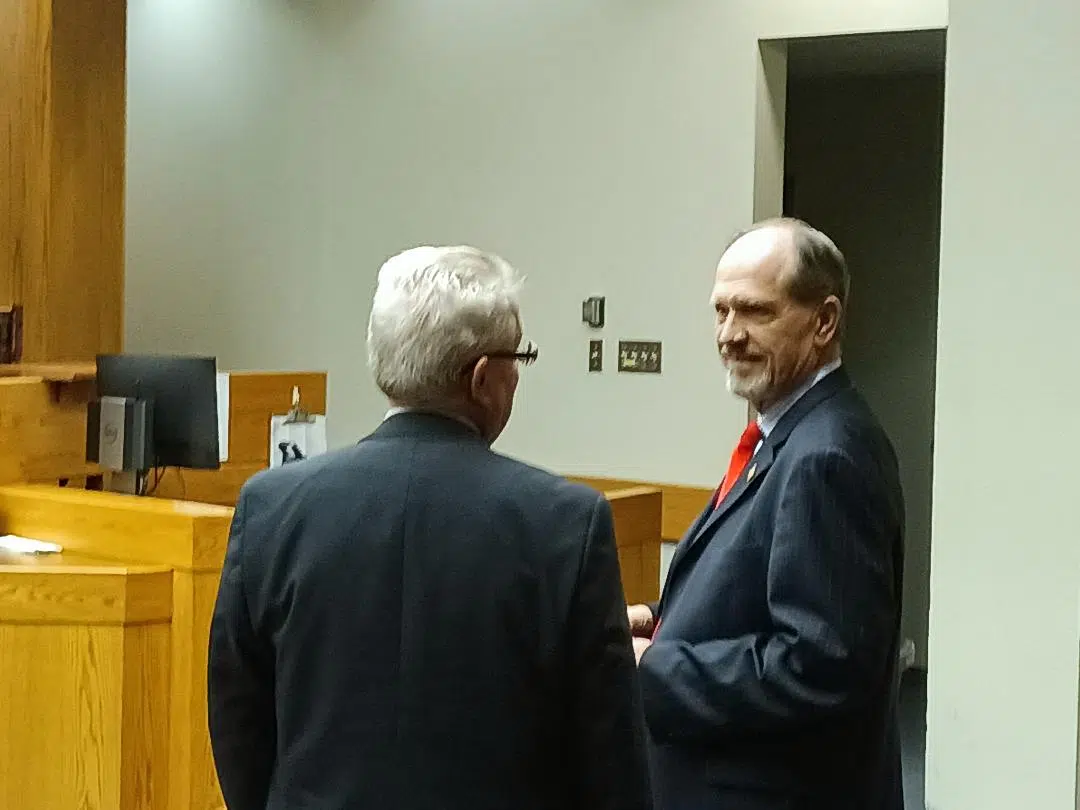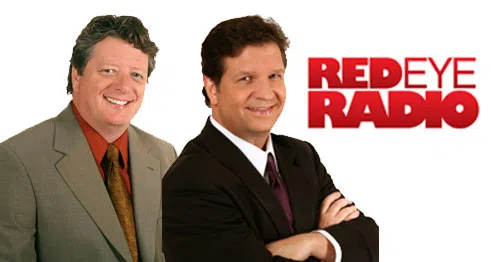Judge Scott Kording held a hearing on Monday on the Districting Normal case officially known as Siracuse versus Dullard. During the hearing it became evident that Kording is constrained to make his decision based on evidence presented at the Normal Election Board hearing. Outside of that, the only additional information he may consider while coming to his decision is the law.
The phrase de novo came up several times during the hearing. The phrase is from the Latin and means “from the new.” According to the Legal Information Institute at Cornell Law School, “When a court hears a case de novo, it is deciding the issues without reference to any legal conclusion or assumption made by the previous court to hear the case.”
According to Kording, in this case the court is acting as an appellate court in lieu of its typical behavior as a trial court. “An appellate court hearing a case de novo may refer to the lower court’s record to determine the facts, but will rule on the evidence and matters of law without deferring to that court’s findings,” according to the Legal Information Institute.
David Shestokas, the attorney for Siracuse says the idea behind de novo is, “These are questions of law, that the judge is more suited to decide the questions of law than the electoral board. He will decide the questions of law. We don’t care what they said.”
Todd Greenburg, the attorney for Dullard described it this way, “De novo basically means that if the judge on his own decision finds some sort of legal reasoning that wasn’t mentioned before the electoral commission he can make his ruling on that basis.”
“Basically it’s look, if the electoral commission is giving their opinion on issues of a law, I am a judge, I have the authority to issue my opinions on issues of law too,” Greenburg added. “And if he thinks they missed something legally he’s entitled to say here is what the law is.”
Regarding this case Greenberg agrees that, “basically the legal issues are pretty much confined to is Normal a village or a town and what are the legal things he is looking at in making that decision.”
Regarding that central issue Shestokas maintains, “There is no evidence presented that they are an incorporated town.”
When Shestokas says that he is saying that Dullard presented no evidence that Normal is an incorporated town at the Normal Electoral Board hearing.
Greenberg essentially argues that the case is prima facie. According to Oxford Languages dictionary, “Prima facie is a Latin expression meaning at first sight or based on first impression.” As an adjective it means, “based on the first impression; accepted as correct until proved otherwise.”
Greenberg said Dullard didn’t have to prove Normal was a town because it is generally accepted knowledge and rhetorically asks what else could Normal be besides the Town that was chartered on February 25,1867?
Shestokas argues case law from that era clearly shows that at that time the terms town and village were interchangeable. He argues that not to prove what legal status Normal is today but simply that in that era there was no distinguishing between the two terms.
Shestokas then lays out a connection of events that has resulted in Normal not operating as an incorporated town but as a village.
First, a 1967 state law allowed villages to adopt a City Manager form of government. Normal did that in 1970. At that time it did so based on law applicable to villages.
Second, in 1985 state legislation required incorporated villages to appoint certain officers that Normal does not have. According to Shestokas Normal again acted like a village keeping the City Manager form of government it established in 1970.
Third, Normal cites several laws intended to apply to villages on its website and says they are in fact amendments to the town’s charter. Once again Shestokas argues Normal is operating as a village.
Kording took everything shared in Monday’s hearing under advisement and has scheduled a Zoom meeting for today at 1:30 where unless he releases a decision in writing before then, he plans to announce his decision.
Once again the public is invited to join the Zoom meeting but asked to keep microphones muted and camera’s off.



















